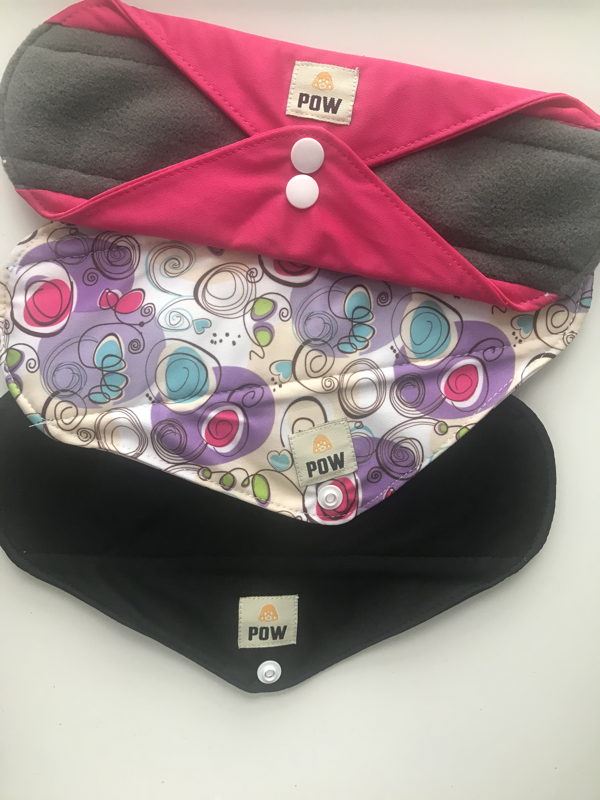|
bit.ly/2NSOcgE
Join us in supporting the first Environmenstual Week of Action #EWOA. It’s time to start asking questions and demanding answers. What's the issue? Health - Many conventional disposable menstrual products are bleached white, and this process creates the chemical dioxin, a known endocrine disruptor. Many women have reported adverse allergic reactions to the synthetic ingredients, fragrances and plastics in disposable menstrual products. Just as in cosmetics, fragrances can be comprised of allergens, sensitisers and phthalates (a class of chemicals that has been linked to hormone disruption), which can affect development and fertility. Flushing and disposal - The Marine Conservation Society found that around half of UK women flush tampons away. That means 1.5-2 billion menstrual items are flushed down Britain’s toilets each year, causing massive sewage and waterway issues such as the Whitechapel Fatberg. Plastic - In the UK, the average menstruator uses over 11,000 disposable menstrual products in a lifetime. Tampons, pads and panty liners along with their packaging generate more than 200,000 tonnes of waste per year, and they all contain plastic - in fact, pads are around 90% plastic! The average user throws away an astonishing 125 to 150kg of tampons, pads and applicators in their lifetime. Plastic waste ends up in landfill or, even worse, in seas, rivers and beaches. Taboo or period shaming - has a massive impact on the products we use and how we dispose of them. With the result that they can affect our health, end up in landfills or on our beaching. Changing social and cultural attitudes towards menstruation could have a major impact on our health and the environment. Period poverty - A study by Plan International UK, from a survey of 1000 14 - 21 yr olds, found that 10% of girls could not afford menstrual products. The study also found that 12% of girls had to improvise menstrual wear due to #PeriodAction affordability issues and 14% had to ask to borrow menstrual products from a friend. (Credits to Women’s Environment Network 2018) #plasticfreeperiods
1 Comment
|
AuthorWrite something about yourself. No need to be fancy, just an overview. Archives
January 2019
Categories
All
|

 RSS Feed
RSS Feed
